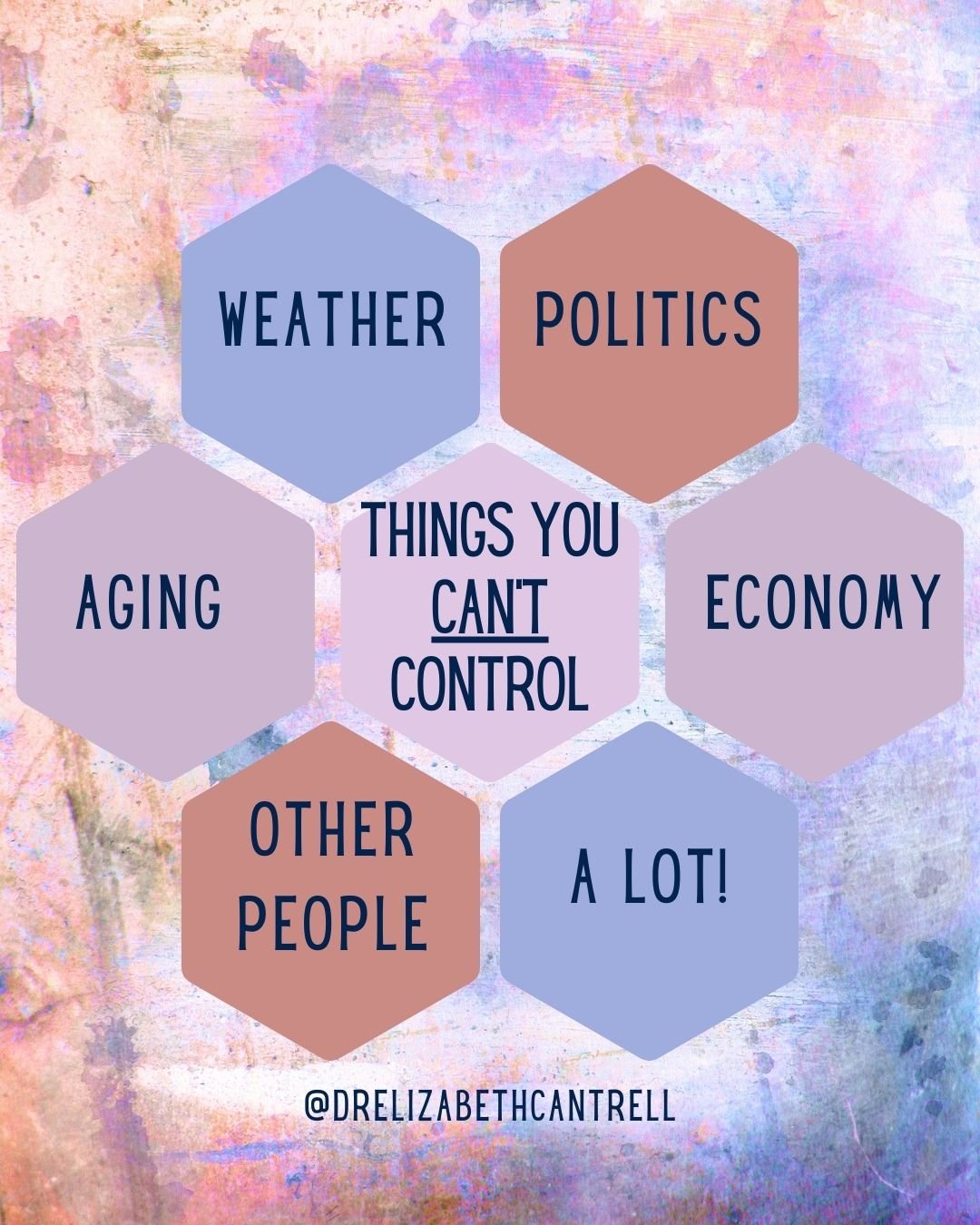Most doctors don’t ask about stress.
Because they don’t have any way to “treat” it.
While we also don’t “treat” stress as a disease, we have a deep functional medicine toolkit to help your body become more resilient to stress.
If you suspect stress might be affecting your health—but aren’t sure where to start—here are some questions you could ask your practitioner👇
(Hint: you’ll get more helpful answers from a holistically minded practitioner 😉)
1️⃣ Do I need stress hormone testing?
Stress can disrupt cortisol and DHEA, leaving you feeling wired but tired, exhausted, or constantly on edge. Testing these hormones can show if you need extra support.
2️⃣ Could stress be affecting my gut?
The gut-brain connection is a two-way street. Stress can disrupt digestion, and poor gut health can make you less resilient to stress. Functional testing can uncover whether your gut needs targeted support.
3️⃣ What nutrients do I need when I’m stressed?
Stress burns through key nutrients like magnesium, B vitamins, and vitamin C, which can lead to brain fog, fatigue, and trouble sleeping. A practitioner trained in nutrition can help you figure out what your body needs.
4️⃣ Could stress be affecting my hormones?
Stress hormones interact with other hormonal systems and can worsen issues like PMS, cycle changes, mood swings, and blood sugar swings. A practitioner trained in functional medicine can help make sense of the bigger picture.
The point is:
Stress is not an isolated experience.
It affects your whole body.
If you’re looking for a comprehensive approach that looks at the WHOLE person, that’s what we do.
Schedule your first visit with Dr. Cantrell to begin your journey to wellness! 🌿





